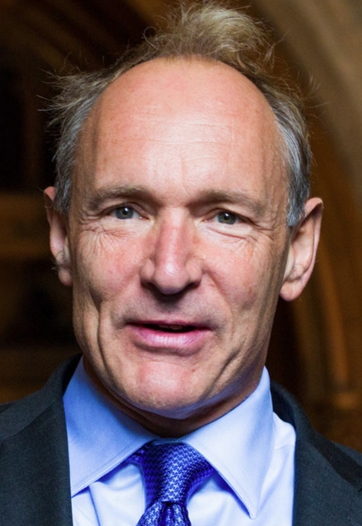On this date in 1955, Tim Berners-Lee was born in London. He became interested in computers while he studied physics at Oxford University. After his graduation in 1976, Berners-Lee became a software engineer. While working at CERN, the European Particle Physics Laboratory in Geneva, Switzerland, he wrote a program called Enquire.
Enquire allowed Berners-Lee to compile links to various files on his computer for personal use. Its development was integral to Berners-Lee’s proposal for the World Wide Web in 1989, allowing users to globally share information.
Berners-Lee is responsible for helping invent some of the Internet’s most basic tools: the Uniform Resource Locator (URL), Hypertext Transfer Protocol (HTTP) and Hypertext Markup Language (HTML), and for creating the first web server, browser and web page. He was later named director of the World Wide Web Consortium at the Laboratory for Computer Science at the Massachusetts Institute of Technology.
Berners-Lee was raised in the Church of England but began questioning religion as a teen. He says that his rejection of religion “relieved a great tension.” (The Telegraph, Mar. 30, 2008) He became a Unitarian. On a 1998 web page titled “WWW and UU and I,” he described the appeal of Unitarianism: “Unitarian Universalists … allow or even require their belief to be compatible with reason. They are hugely tolerant.”
Asked several years later by Mathias Döpfner, Axel Springer publishing CEO, if he believed in God, Berners-Lee replied, “Not in the sense of most people. I’m atheist and Unitarian Universalist.” (Business Insider, May 17, 2017)


